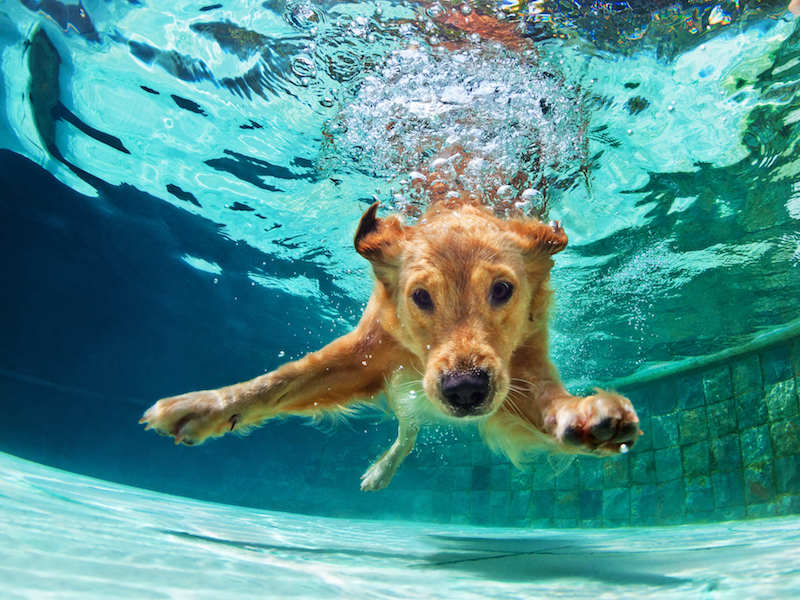
There are a lot of different things that can damage the delicate that makes a hearing aid function the way it does, but few have the impact of water. Hearing aids seem to self-destruct under extreme moisture conditions. Taking that into consideration, humidity is a huge problem.
Invisible moisture has the highest chance of causing permanent damage. It’s time to learn more about why humidity is a negative thing for hearing aids.
What is Humidity?
Humidity is a word that gets talked about a lot, especially during the summer months, but what is humidity? PBS defines humidity as water molecules in the air. When presented as a percentage, for example, the relative humidity is 40 percent today, it refers to the amount of water vapor in the air compared to what air could hold. When you can feel wetness in the air, that means the relative humidity is high.
Humans cool their body by sweating so that makes us very sensitive to humidity. When humidity levels are high our sweat will not evaporate as fast. Electronics are also susceptible to humidity and that is why it has such a detrimental effect on hearing aids.
Why Electronics Have difficulty with Humid Weather
Too high or, too low, humidity can impact your hearing aids. When it’s too damp, the delicate electronics will collect condensation. When it’s too dry things become more brittle.
Hearing aids depend heavily on internal electronics to work. A sophisticated audio processing chip manages noise levels in a newer hearing aid. Because of this, you get amazing features like:
- Noise reduction
- Anti-feedback
- Targeted listening programs
- Digital sound streaming
Moisture can accumulate within the hearing aid when humidity is high and harm that component. It can corrode elements inside the casing and destroy batteries as well. It’s the equivalent of dropping your hearing aid in a sink of water.
Keeping Humidity Under Control
If you are investing in hearing aids, try to look for products that are water-resistant. This feature will give you some protection from humidity and bad weather, but you still can’t go swimming with them in.
If you live in an area prone to high humidity, consider using a room or house dehumidifier to cut down on water vapor inside. It’s not just your hearing aid that will benefit, there are health benefits, and other electronics in your house will also be protected. Dehumidifiers reduce the risk of mold, mildew and dust mites, so everyone breathes a little better, too. Although a house or room dehumidifier will help protect your hearing aids, it’s not enough. There are a few other things you can and should do.
Look for the dehumidifier made for hearing aids. They come at all costs levels. Silica gel crystals in a drying kit are used to protect electronics. You put the device in the dehumidifier for a couple of hours to eliminate moisture. Drying your hearing aids as you sleep at night can be done using specially designed storage containers. If it is very humid and you have no other way, uncooked rice can reduce moisture.
Get in the habit of opening the battery compartment every time you store your hearing aids. By pulling that door open before you put the hearing aid down, you expose the batteries and other elements to the air, allowing any condensation built up to evaporate naturally. Do this all year round, not just in the summer months.
Always store your hearing aids in a cool, dry place. Avoid putting them in the glove compartment, in a hot room or on a table in the sun.
Thinking Beyond Humidity
Damage can be caused by other types of wetness. Take precautions to protect them from other kinds of wet such as:
- Make sure all lotion or sunscreen is fully absorbed before touching your hearing aids or putting them in your ears.
- Leave your hearing aids in a safe place before you go swimming.
- When exercising wear a sweatband. It’s a good practice whether you wear your hearing aids when you workout or not. Sweat in your ears can cause problems later.
- Try not to put your hearing aid down on wet surfaces. A glass or coffee cup can leave moisture behind.
Your hearing aids are a valuable asset, so treat them that way. Consider how moisture and humidity can impact them and take steps to prevent water damage. If your hearing aid already has water damage make an appointment for service with a hearing aid specialist.